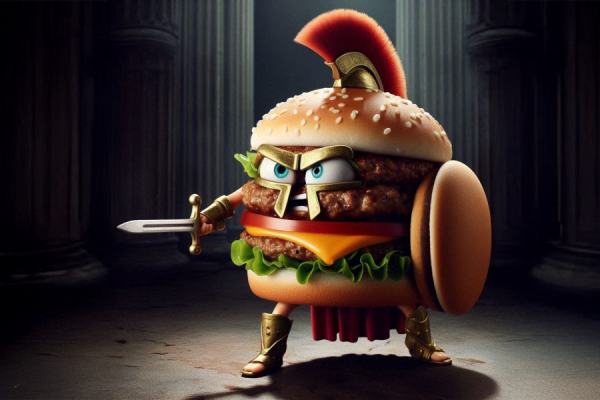Halloween Ends : But Does it Really?
Halloween Ends is risky. It departs from the script and makes creative decisions that you wouldn’t anticipate in a conclusion. The movie is gutsy and attempts to go above and beyond, yet none of its concepts are successful. One is that the movie’s advertising is highly deceptive. If you watched the trailers, you could have anticipated Laurie Strode’s (Jamie Lee Curtis) and Michael Myers’ ultimate showdown (James Jude Courtney). Even if you haven’t seen the trailers, that sounds like the ideal conclusion: a carnage in Haddonfield as Michael seeks out the girl he was unable to kill in the previous 40 years. The great ideas of Halloween Ends cannot make up for the terrible writing and unsatisfactory quality of its finale, despite the fact that this new trilogy has done an excellent job of addressing the topics of trauma and how terror can take over lives.

Neither Michael nor Laurie are the main characters in this film. Instead, Corey Cunningham (Rohan Campbell), a babysitter who is charged with killing a child he babysat, is the subject of this film. He has been rejected by the residents of Haddonfield, and this film is largely about him and his troubles. He starts dating Laurie’s granddaughter Allyson (Andi Matichak), and for a while, he starts to feel like the main character. That such a crucial character would be introduced in this series so late in the trilogy baffles me. It appears that the first two movies were planned first, and this was added at the last minute. It’s strange how the series’ villain and hero are reduced to secondary roles in their own plot in the finale. Instead, a completely unrelated new character receives all the attention in this film. Because Halloween Ends hardly focused on the story of Laurie and Michael, the marketing was extremely clever in keeping Corey out of the trailers as much as possible. Similar to how its predecessor did, it scarcely even pays attention to the Haddonfield narrative.
This film doesn’t feel like a horror movie for the most part. There are a few unpleasant phony jump

scares scattered throughout what is more of a poorly written drama. There are the beginnings of several great ideas, like the romance between Laurie and Deputy Hawkins (Will Patton). This is still a disorganized experience in which you won’t even be sure what you’re watching half the time because the narrative fails to balance out the personal dramas with the horrors. Because Michael Myers spends practically the whole movie in a sewer, Halloween Kills (2021) has tension that this movie doesn’t have. You don’t feel threatened or in danger; instead, you just become highly irritated whenever characters appear behind others and make loud noises.
Michael appears to be at his lowest point in the Halloween series’ grand conclusion. In a movie where he ought to be scarier than ever, he is at his worst. He is reduced in the movie to a pitiful old man wearing a mask. He doesn’t fill you with horror or dread like in earlier movies. He does not follow individuals. He doesn’t move as the antagonist, another character, takes center stage. By dropping storylines in the third act, the movie also fails to commit to its bigger, larger concepts, only to deliver the movie we paid to see with 20 minute s left in the movie. In this movie, the Halloween narrative that John Carpenter and Debra Hill began in 1978 comes to a finish, although the conclusion cannot justify the existence of this sequel to the original story. Even though Halloween 2018 intended to use horror to investigate trauma, Ends doesn’t offer any satisfying answers. The main theme of the trilogy wasn’t how paranoia fuels evil and causes destruction in the world. This was an ambitious trilogy that attempted to expand the Halloween universe, but it ultimately fails because it introduces too many concepts that it rapidly drops while overlooking Laurie Strode, the central character who was always meant to be the focus.
s left in the movie. In this movie, the Halloween narrative that John Carpenter and Debra Hill began in 1978 comes to a finish, although the conclusion cannot justify the existence of this sequel to the original story. Even though Halloween 2018 intended to use horror to investigate trauma, Ends doesn’t offer any satisfying answers. The main theme of the trilogy wasn’t how paranoia fuels evil and causes destruction in the world. This was an ambitious trilogy that attempted to expand the Halloween universe, but it ultimately fails because it introduces too many concepts that it rapidly drops while overlooking Laurie Strode, the central character who was always meant to be the focus.










